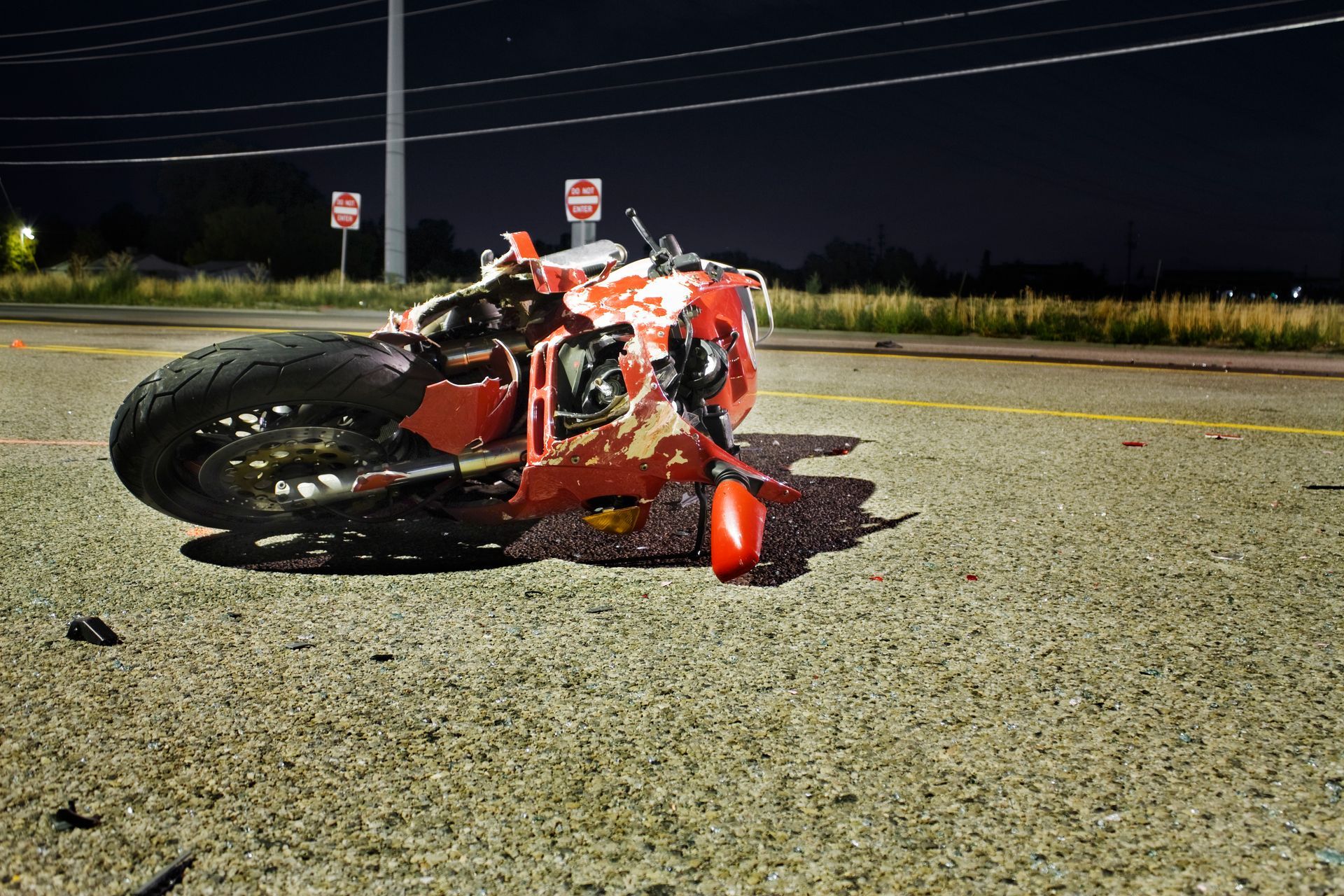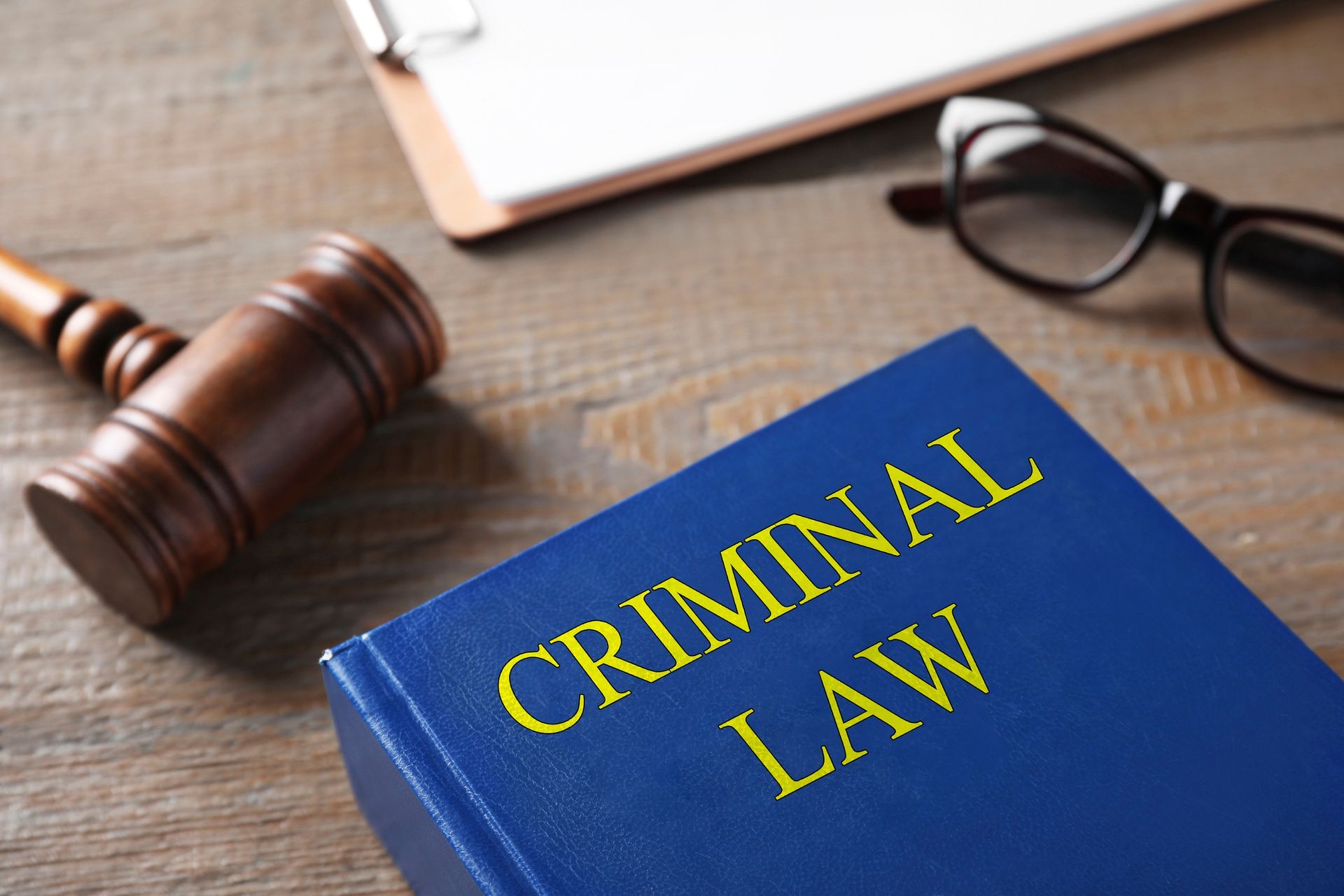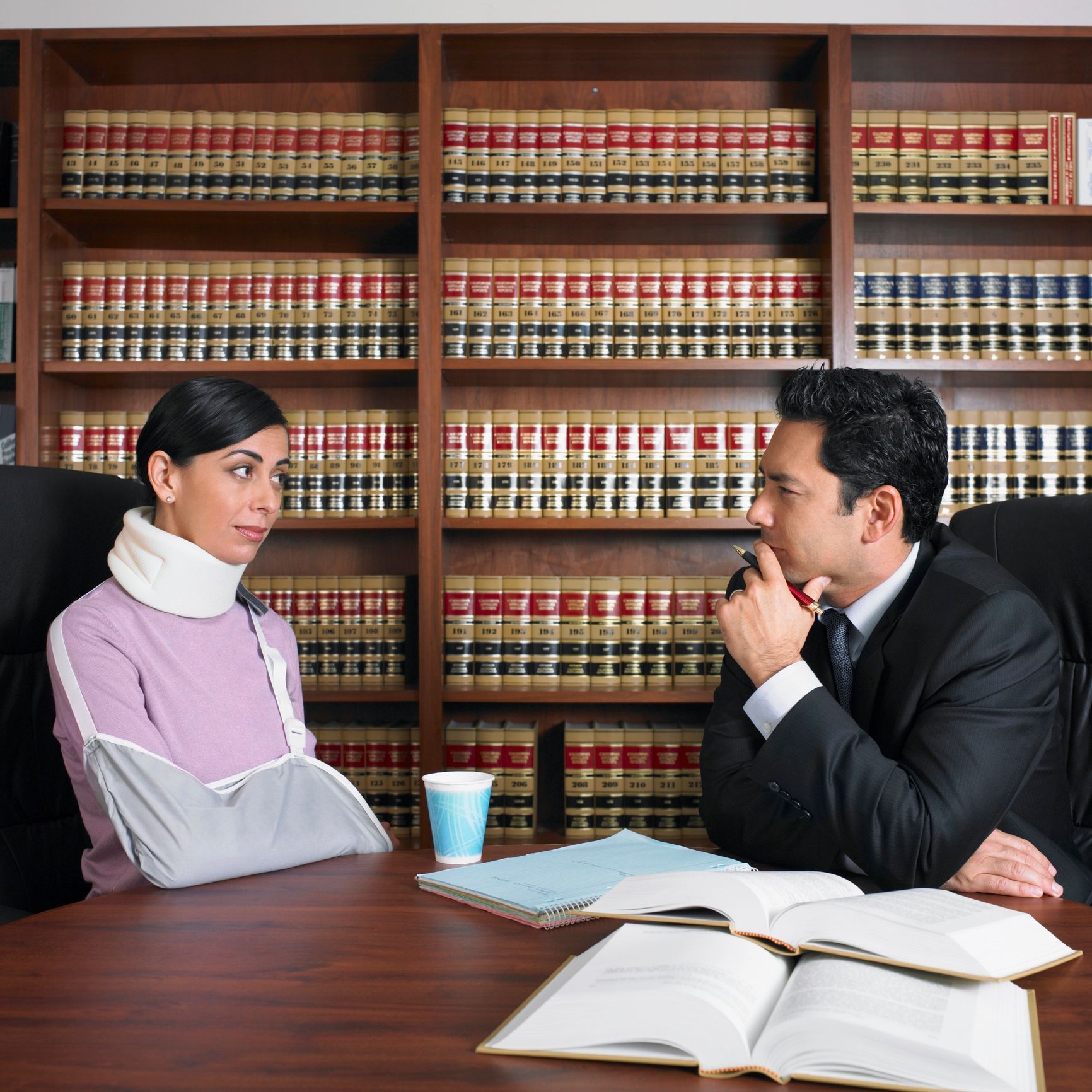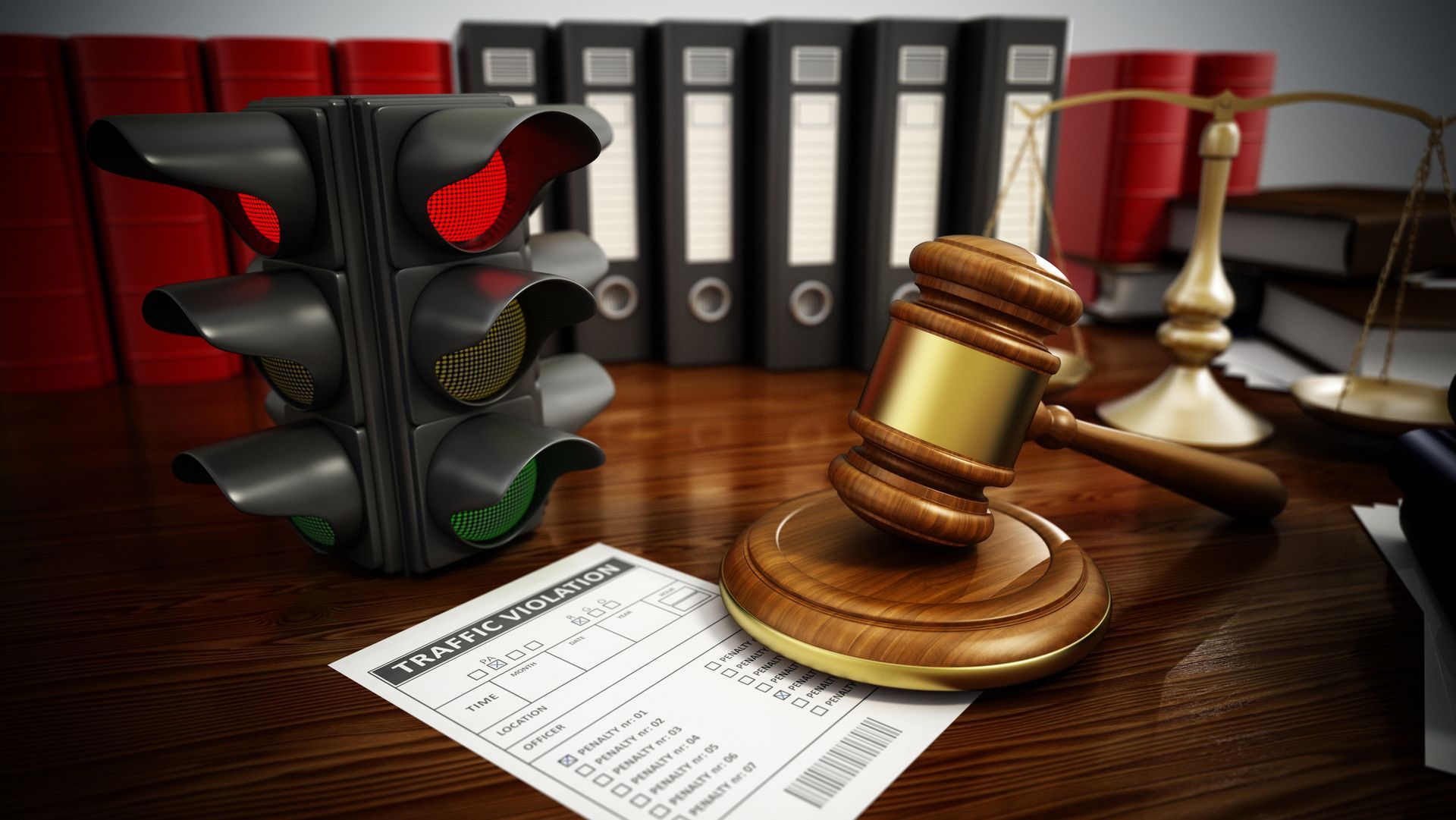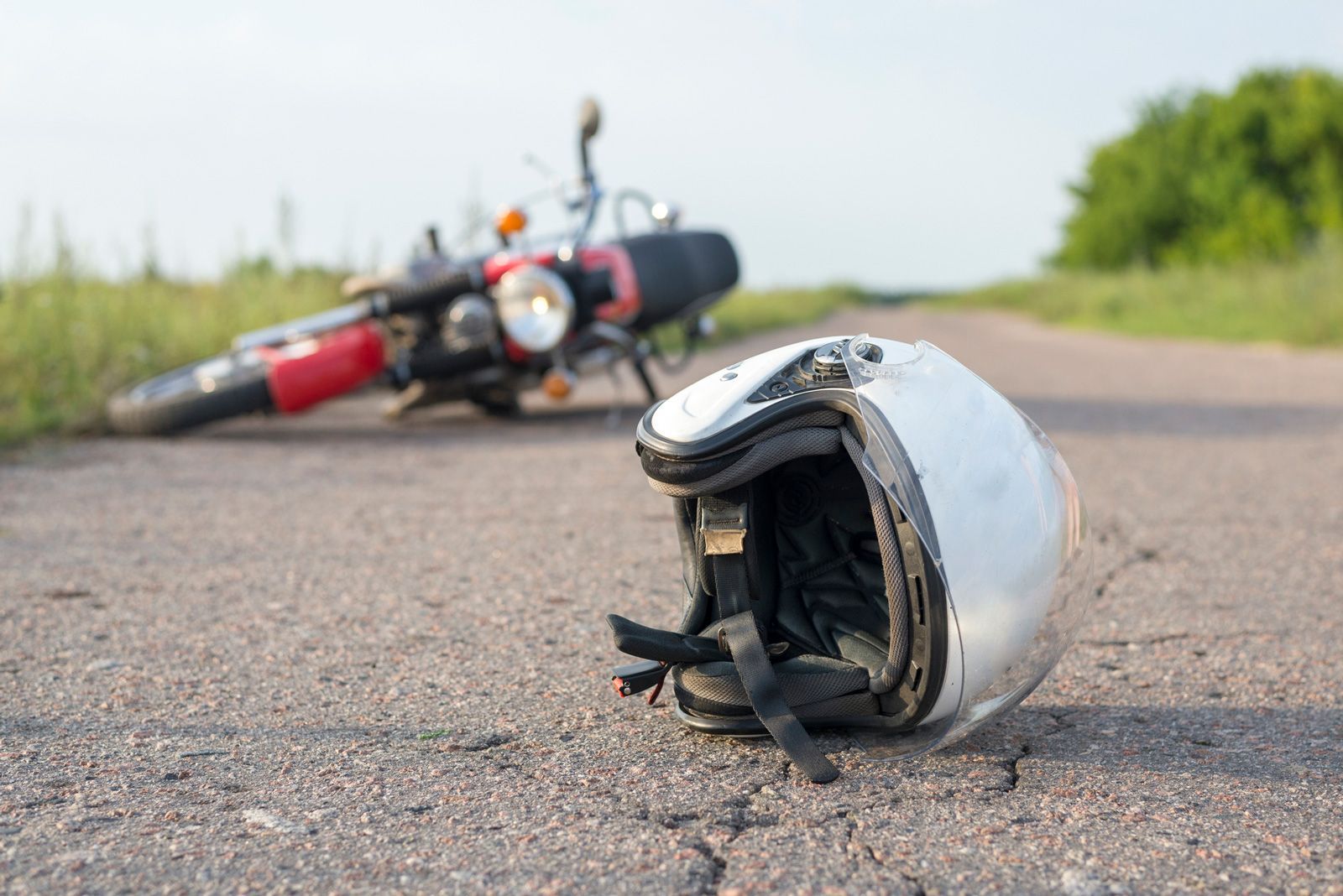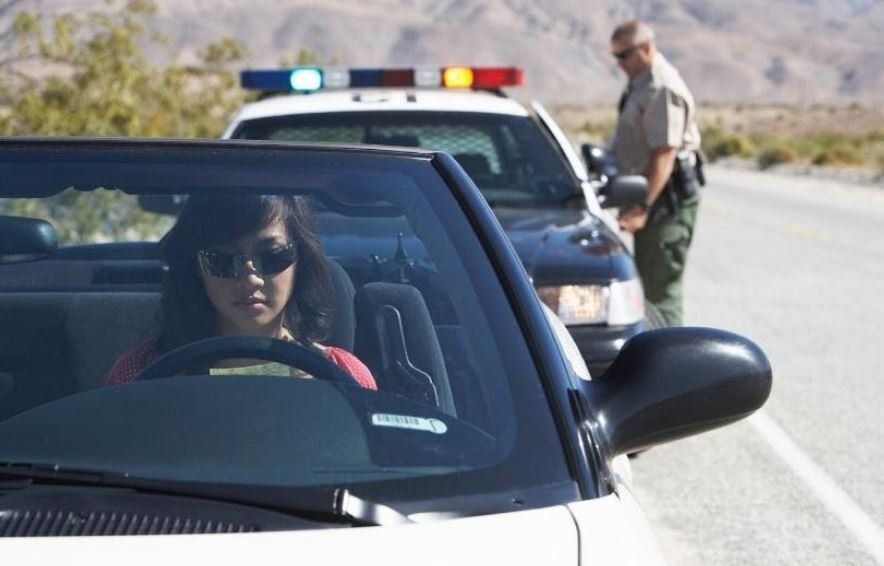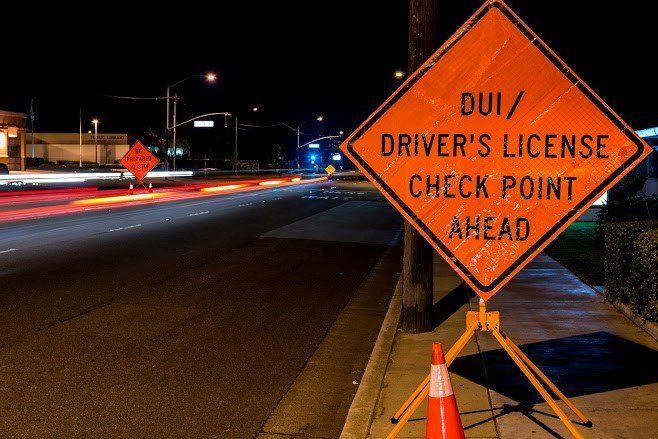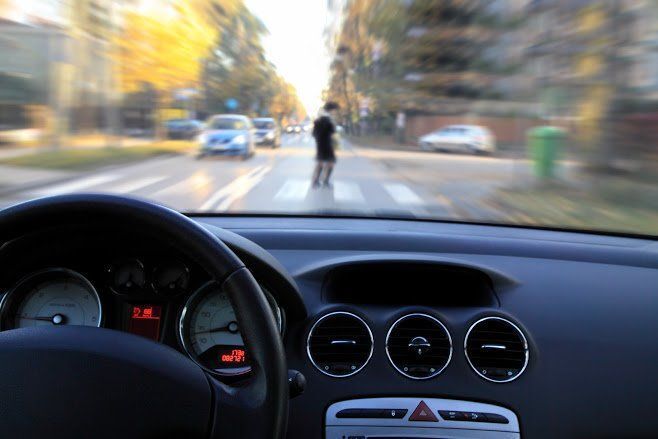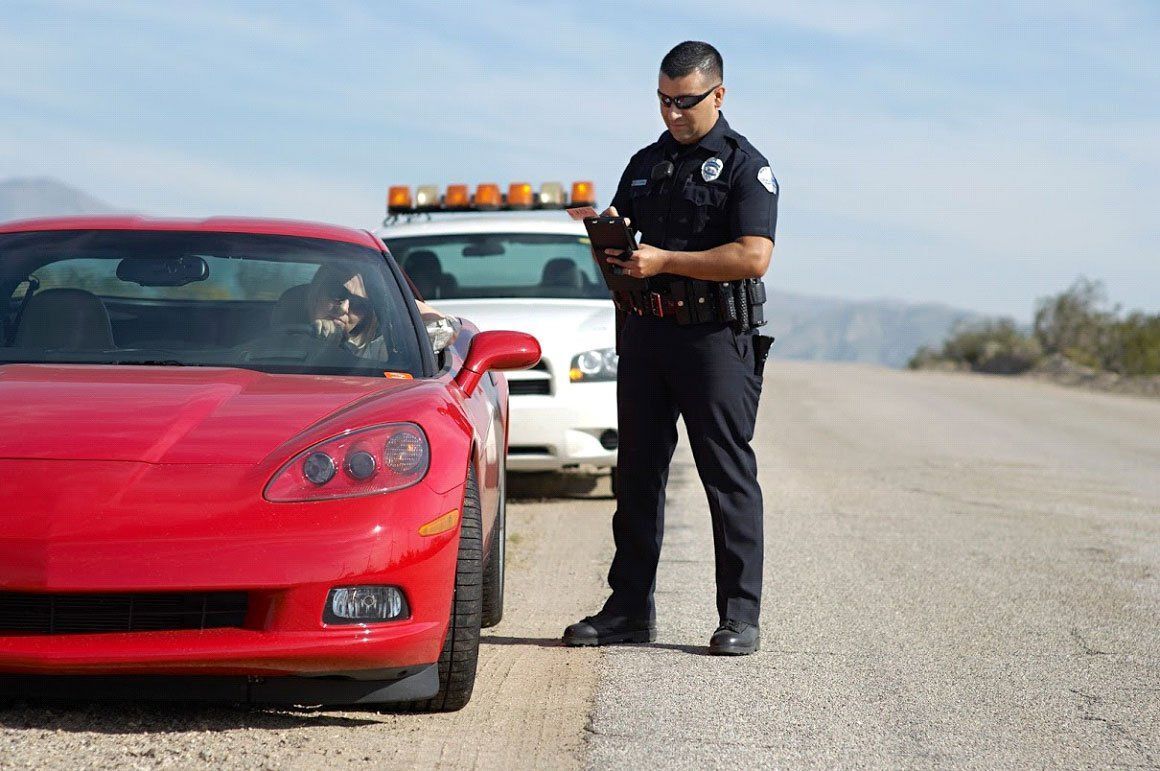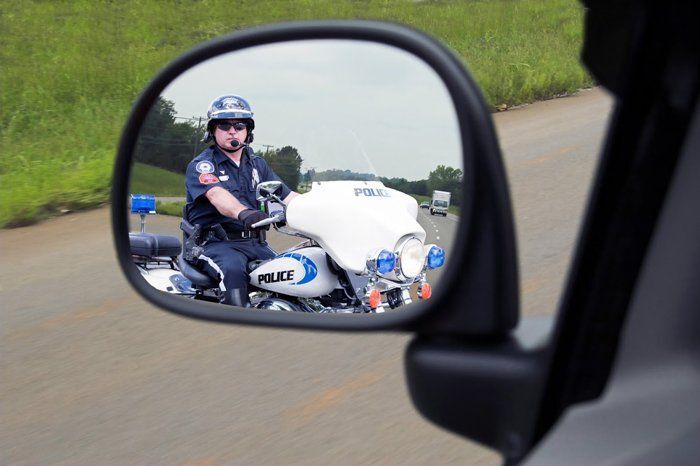
Criminal penalties, the suspension of driving license, and an increase in car insurance premiums are just some of the consequences of traffic violations. Fortunately, you don't have to suffer the consequences if the police accuse you of a traffic violation. The following defenses can help you avoid a conviction.
Challenge the Officers Conclusion
In some cases, the authorities can charge you with a traffic offense because of the arresting officer's subjective conclusions. For example, the government can charge you with dangerous driving, even if you did not exceed the speed limit. In such a case, you can win your case if you prove that your driving wasn't dangerous.
An example is if the arresting officer based their conclusion on the roar of your car's engine. Maybe the officer thought you were speeding in a school zone. You can prove that your car's make and model or modification means it produces sounds that others can mistake for speeding.
Challenge the Officer's Observation
Police officers typically stop motorists based on what they see. For example, an officer might flag you down if they see you make an illegal turn or drive on the wrong lane. For such cases, you need to provide evidence that proves the officer was mistaken in their observations. Here are examples of such evidence:
- A dashcam or surveillance video that proves what really happened.
- Photographs that show the officer couldn't have witnessed your alleged crime (for example, if a stalled truck obstructed the officer's observations).
- Reliable eyewitnesses who can help confirm your claims.
Merely your words against the officer's words won't help you — you need irrefutable proof.
Prove Mistake of Fact
A mistake of fact defense requires you to prove that you misunderstood the facts of the situation when you committed the alleged offense. In essence, you must prove that you did everything right with the facts you had at hand. Here are some examples of situations in which a mistake of fact defense may work:
- Failing to stop at a stop sign because a fallen tree is hiding it from view
- Driving over on two lanes because the markings are invisible
- Exceeding the speed limit because someone has defaced the sign
Your chances of success with this defense go up if you can prove that you were not familiar with the road in question.
Prove Legal justification
With the legal justification defense, you have to show the court the legal excuse that allowed you to commit the alleged act. For example, some roads have minimum speed limits. However, a serious mechanical problem in your car can force you to slow down on such a road. In that case, you can use the mechanical problem as a legal justification for the speed violation.
Prove Avoidance of Serious Harm
Road emergencies can force you into a situation where you have to commit an offense irrespective of your decision. If your decision leads to traffic violation charges, you can point to the serious harm you avoided as the reason for your actions.
Consider an example where you have to rush an accident victim to the hospital, and violates the speed limit in the process. In this case, letting the accident victim suffer or die is more serious harm than violating the speed limit. You might have to prove that the accident victim's condition would have worsened if you had obeyed the speed limit.
To beat a traffic violation charge requires thorough knowledge of traffic laws and the criminal justice system. Good knowledge of the local court system will also help. Fortunately, Tolbert & Tolbert, LLP, is well equipped with such knowledge. Contact us today, and we will do everything possible to help you fight your traffic violation charges.

